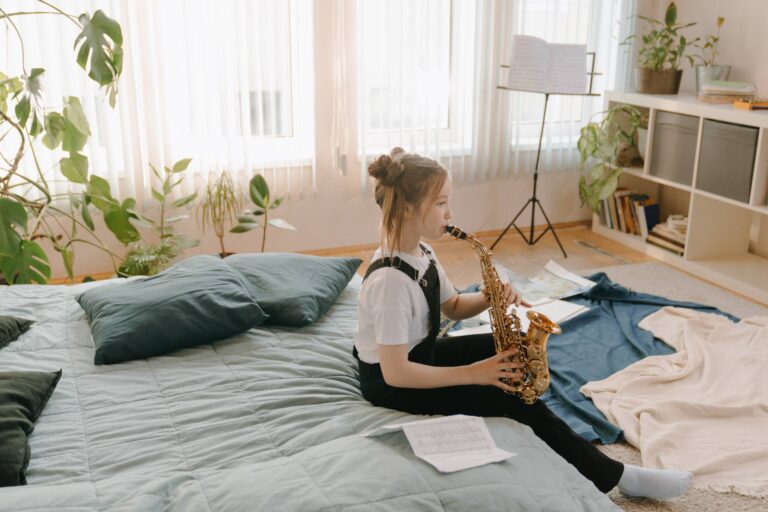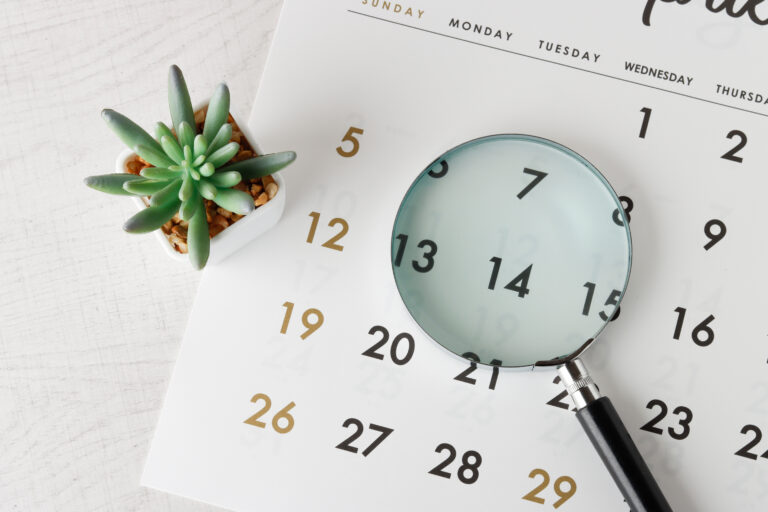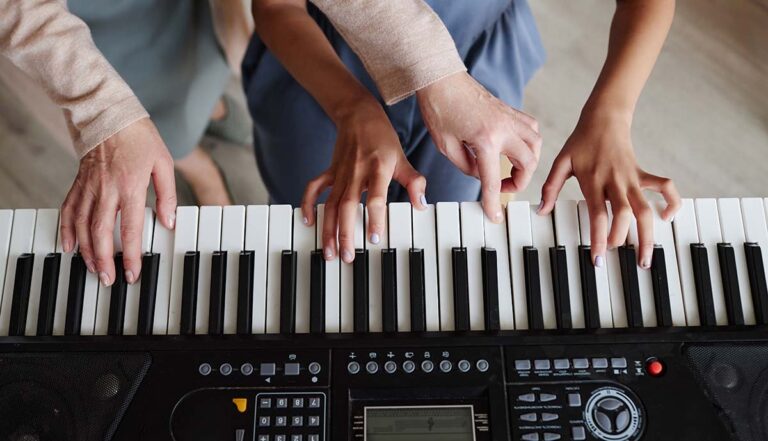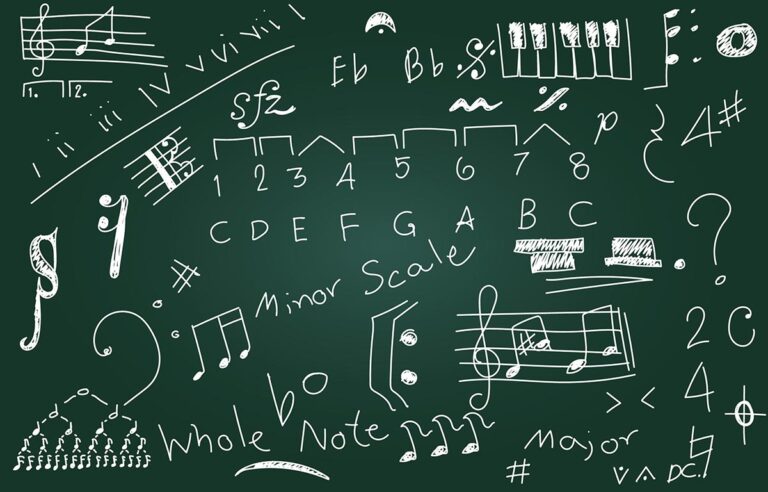How Music Can Benefit Children With Disabilities
Music therapy is a part of occupational therapy that can help people connect to their emotions and develop progress in speech that is difficult to achieve in other ways. Learning about music and practicing an instrument can help children and adults with developmental or physical disabilities have meaningful and productive self-expression.
Music can be a meaningful outlet for children with disabilities to express emotions and develop their skills. Music therapy has been shown to be beneficial for children with disabilities such as autism, providing a platform for them to grow in communication, social, and motor skills. It can also help them to build self-esteem, allowing them to feel empowered in a safe and nurturing environment. Music can also be used as a distraction and a motivator, helping to keep children with disabilities engaged and focused on tasks. Additionally, music can be a great form of sensory stimulation, providing them with an opportunity to express their emotions. A music class can be a means of providing accessible communication skills for a young person. The incorporation of music into their lives can help children with disabilities to further their development, providing them with an enjoyable and creative way to reach their full potential.
Developing Self-Expression Skills
Learning Music can be a powerful tool for developing self-expression skills for children with disabilities. Music can provide a safe and supportive space for children to explore their emotions, allowing them to express themselves in an enjoyable way. Music can also help children develop confidence and resilience as they learn to express themselves more clearly and accurately. It can also help foster creativity and help children become more self-aware. Music-based activities can be tailored to children’s individual needs, helping them to make positive progress with goals in a care plan. Playing a musical instrument can also give a child a sense of autonomy and responsibility, allowing them to further connect with their environment. By providing children with the opportunity to explore musical expression, they can build self-esteem and learn to communicate their thoughts and feelings through music. Music can also be a great way to encourage social interaction, as well as provide a platform for children to express themselves in a way that is significant to them. Ultimately, music can be a powerful tool for developing self-expression and practicing verbal communication.
Memory Retention
Music plays an important role in developing memory retention in kids with a disability. Studies have shown that music can be used to help kids with disabilities retain and recall information. Music helps brain development through practicing speech patterns and using cognitive processing to recall memorized material. Through the use of melody and rhythm, memories can be linked to songs, making it easier to remember facts and information. Music can also be used to create a positive emotional response, which can, in turn, help to improve memory retention. Building attention span through music can help a young child recall information better in other subjects. Also, music can be used to help kids with disabilities focus and concentrate, both of which are beneficial to memory retention. With the help of music, memory retention in kids with disabilities can be improved, helping them to better understand and remember the information they need to meet their goals and thrive in life.
Improved Self Regulation
Music can be an important way for children with disabilities to improve their self-regulation. Music therapy can help provide structure, boost mood, and increase motivation. Music can influence self-regulation in a variety of ways, such as providing children with an appropriate outlet for an emotion, and it can provide a distraction from difficult tasks or an undesired and challenging behavior. In addition, music can help children to understand and express their emotions, develop communication skills, and build coping mechanisms. Music therapy can also help children with physical disabilities improve coordination and motor skills while also providing them a platform to develop social skills, all of which together empower the child in their progress. With the help of music, children with disabilities can learn to better regulate their behavior and emotions, improving their overall quality of life. Improving in any of these areas helps a child develop confidence, propelling them to be more willing to try new things and to practice a new skill.
A music lesson, or music therapy can be very beneficial for children with disabilities. Exposure to music can help children express their feelings and emotions, develop better memory retention, and practice self regulation. Music can help some children break through speech barriers that were difficult to breach without music. Check out our music class offerings here at Sandy Music Academy!





